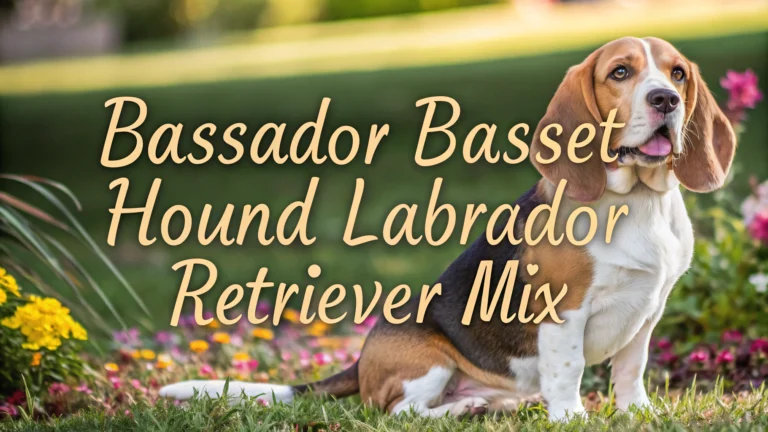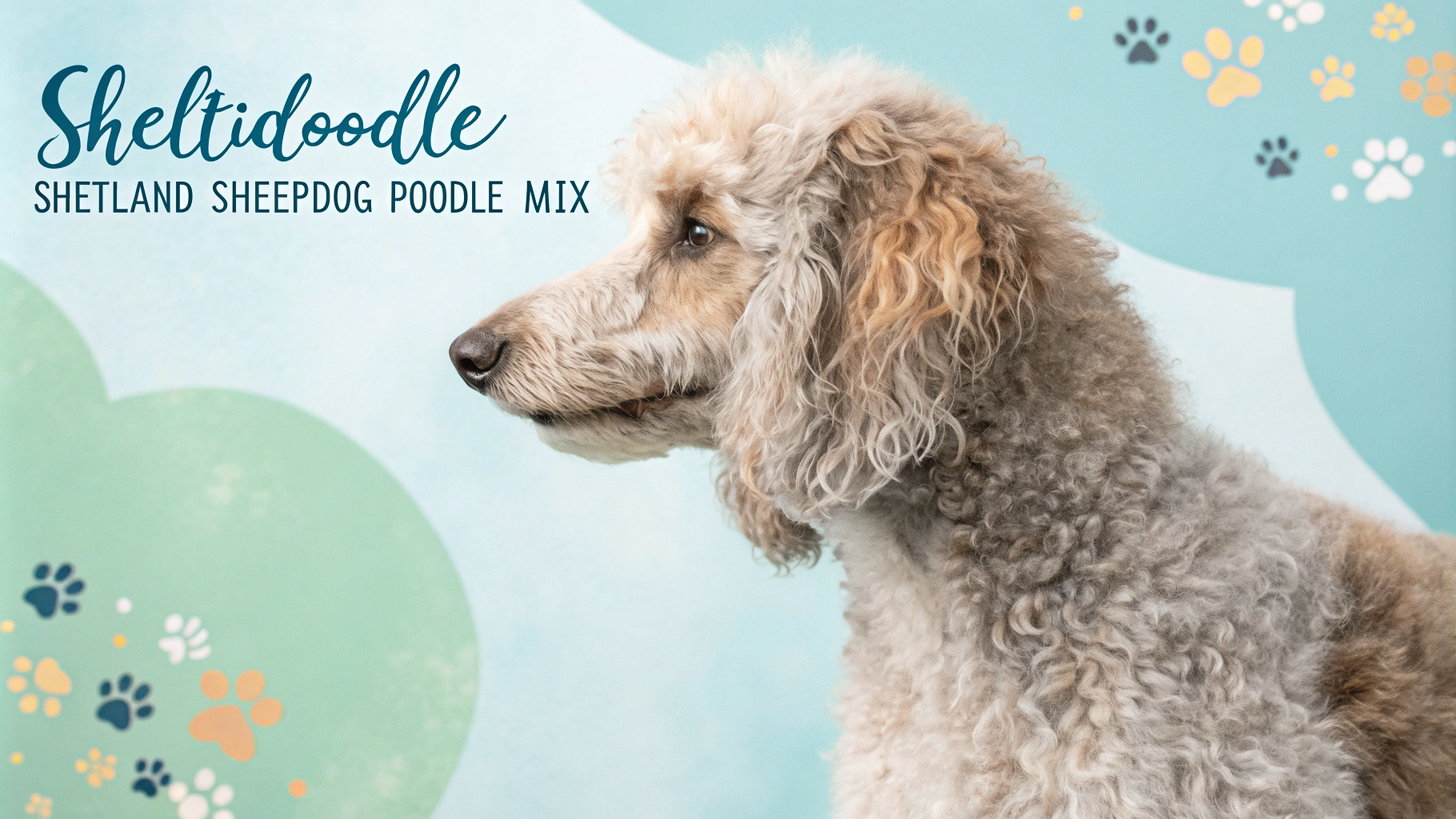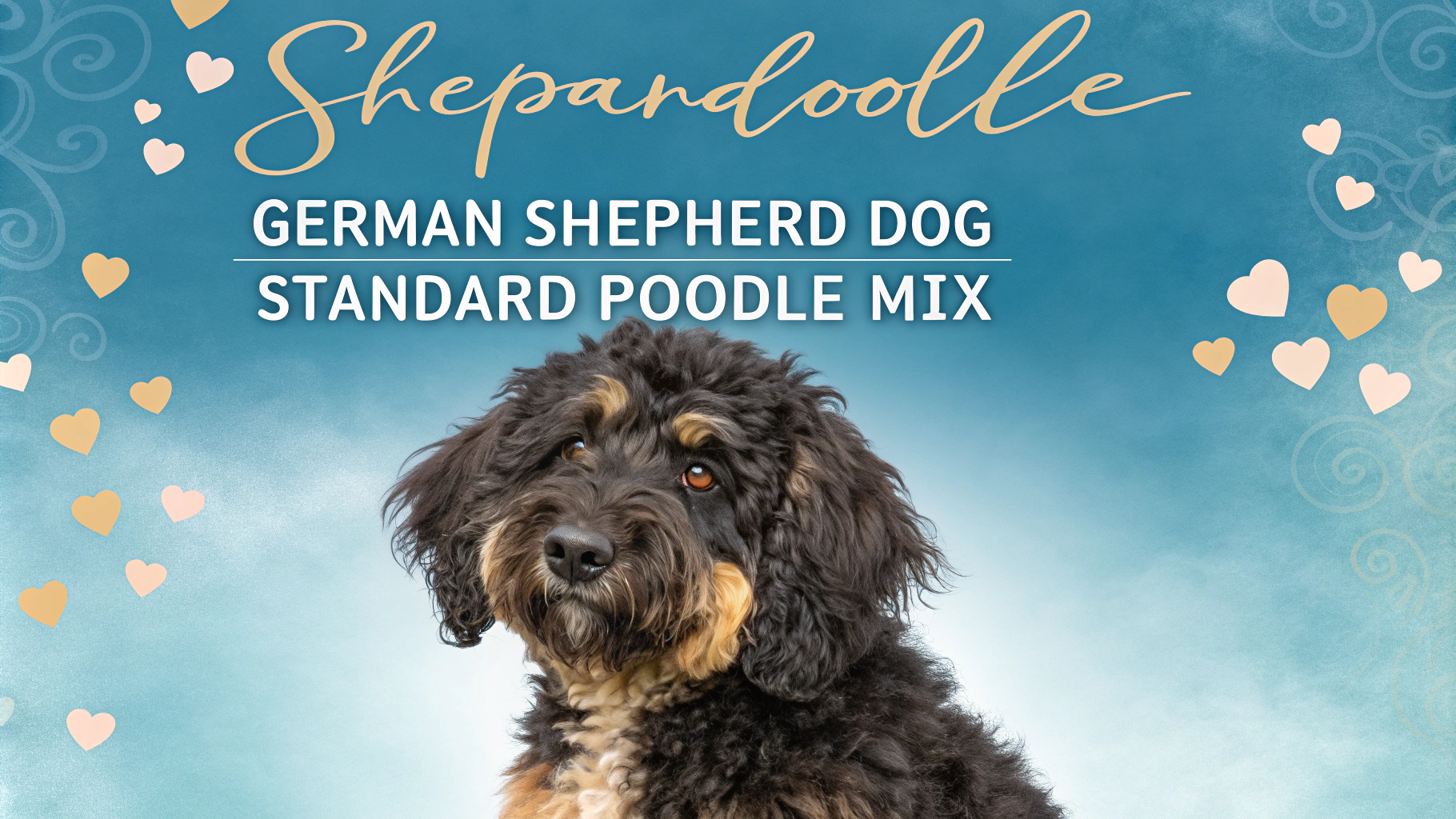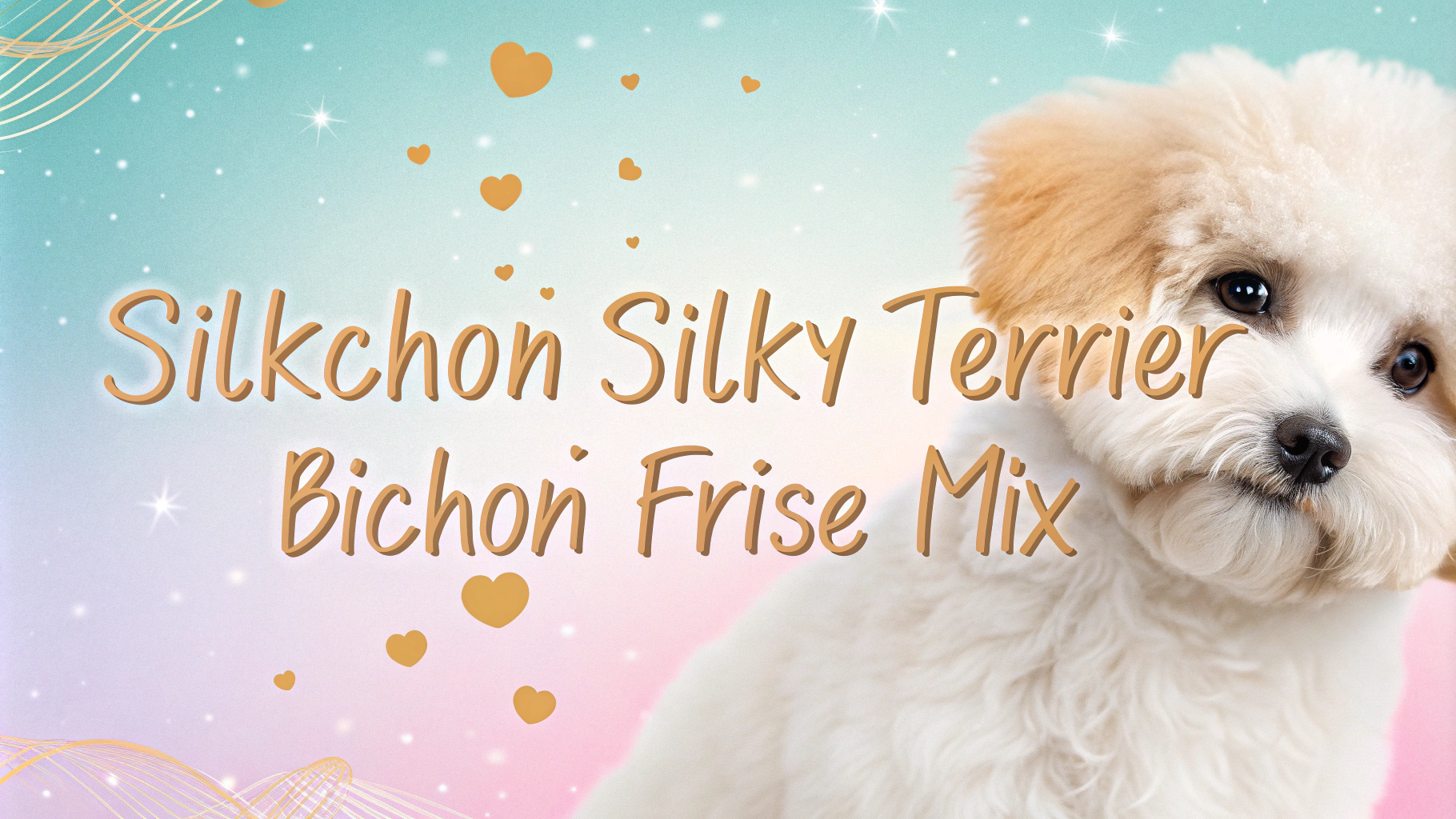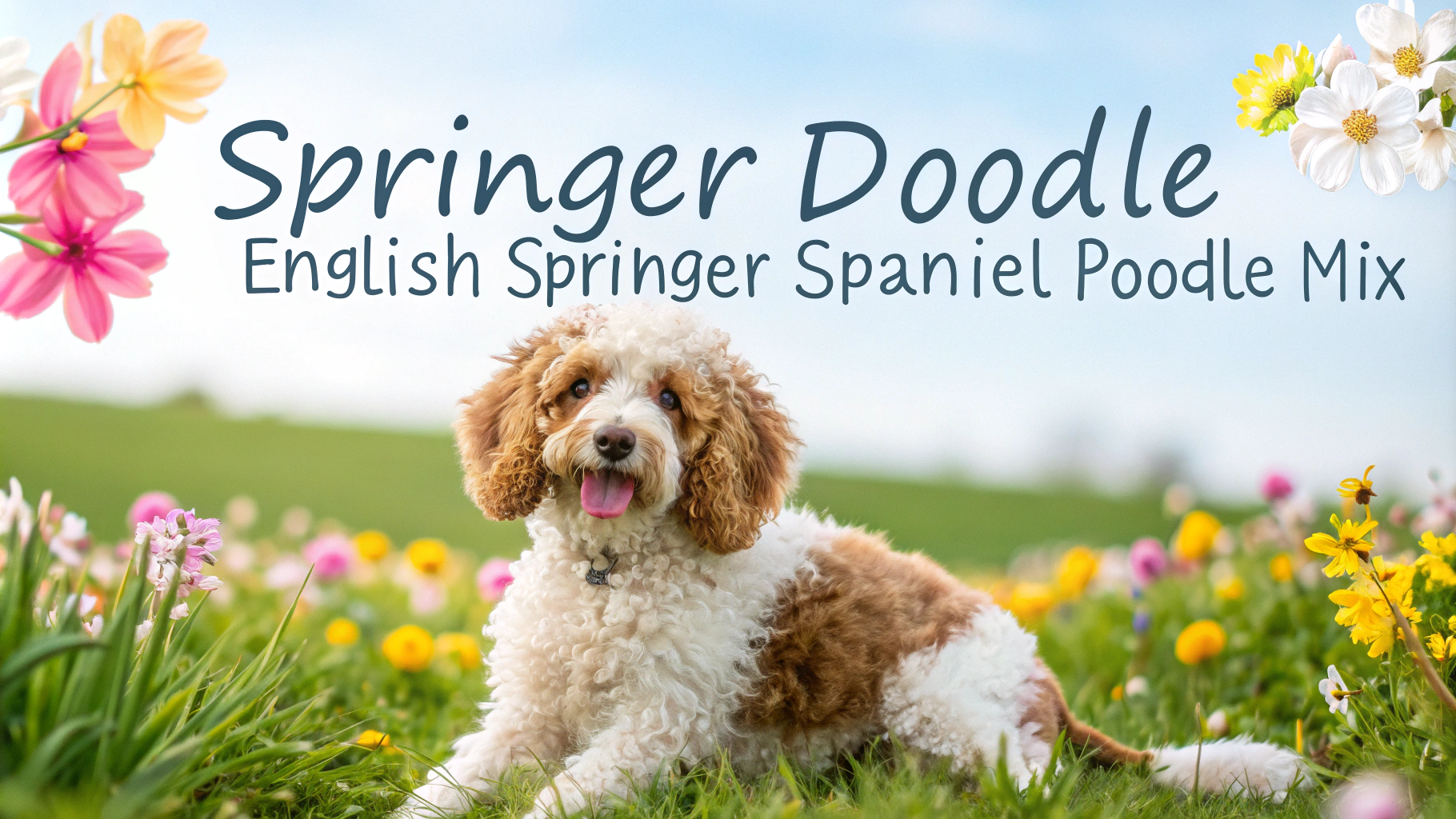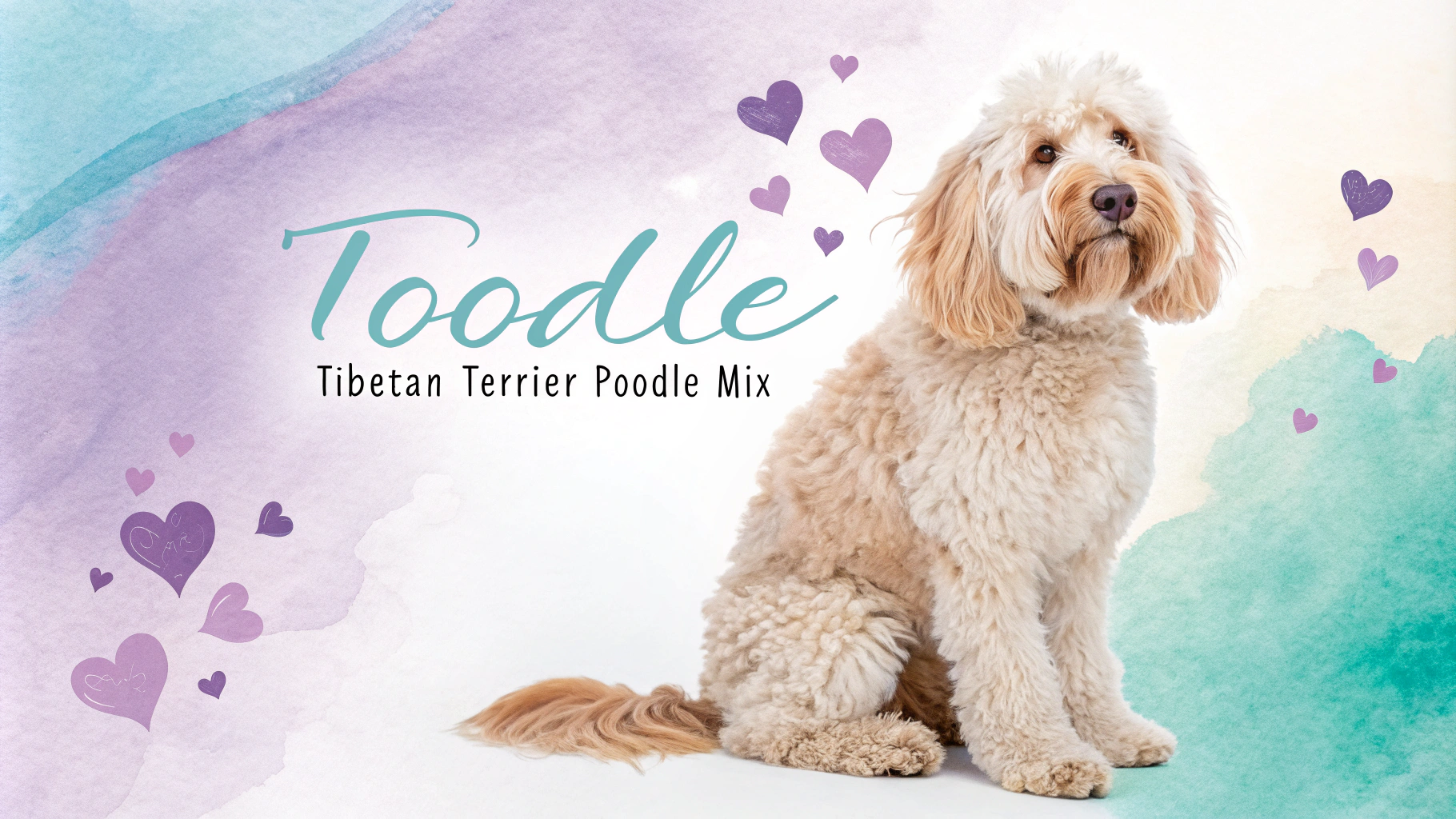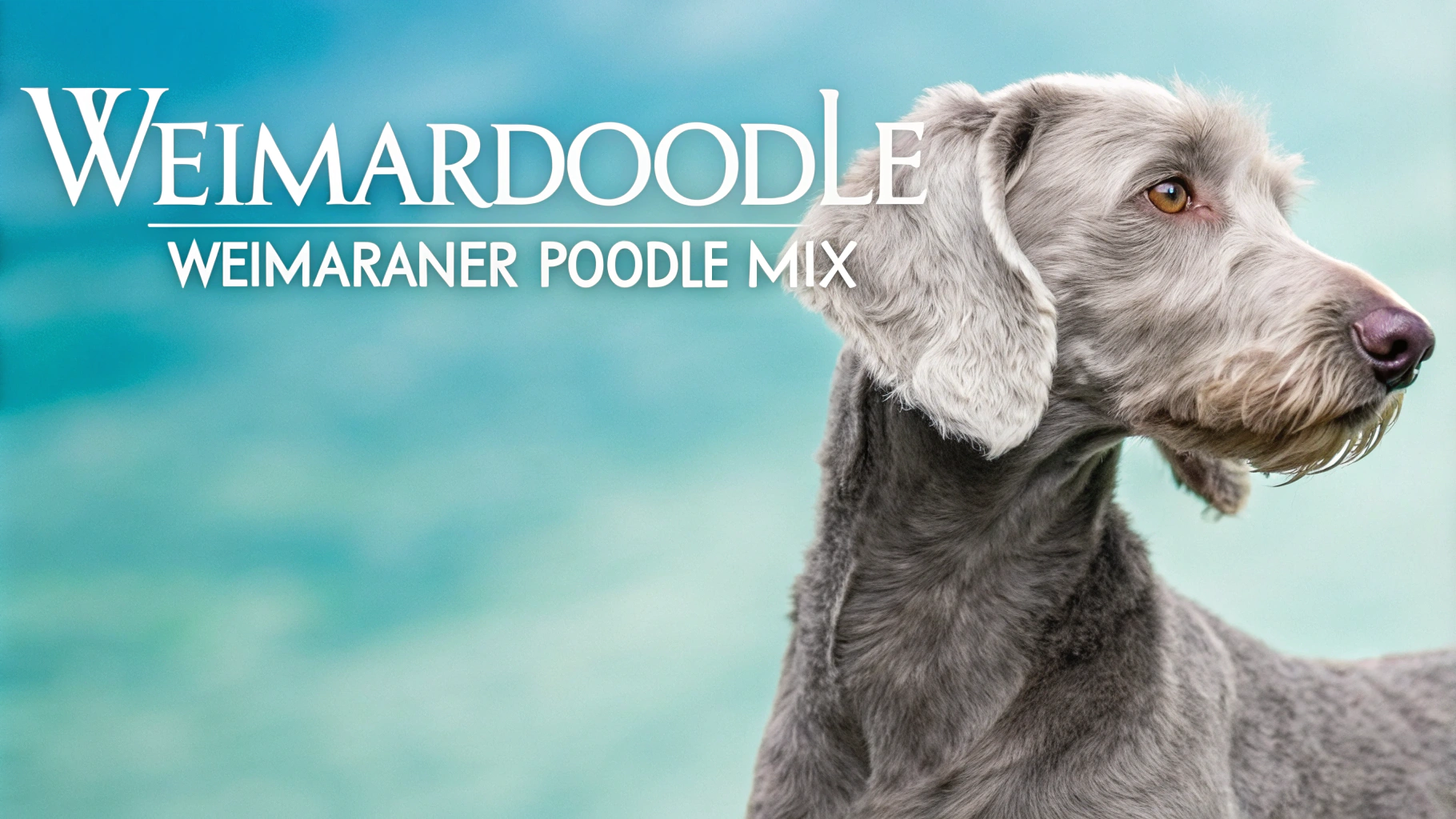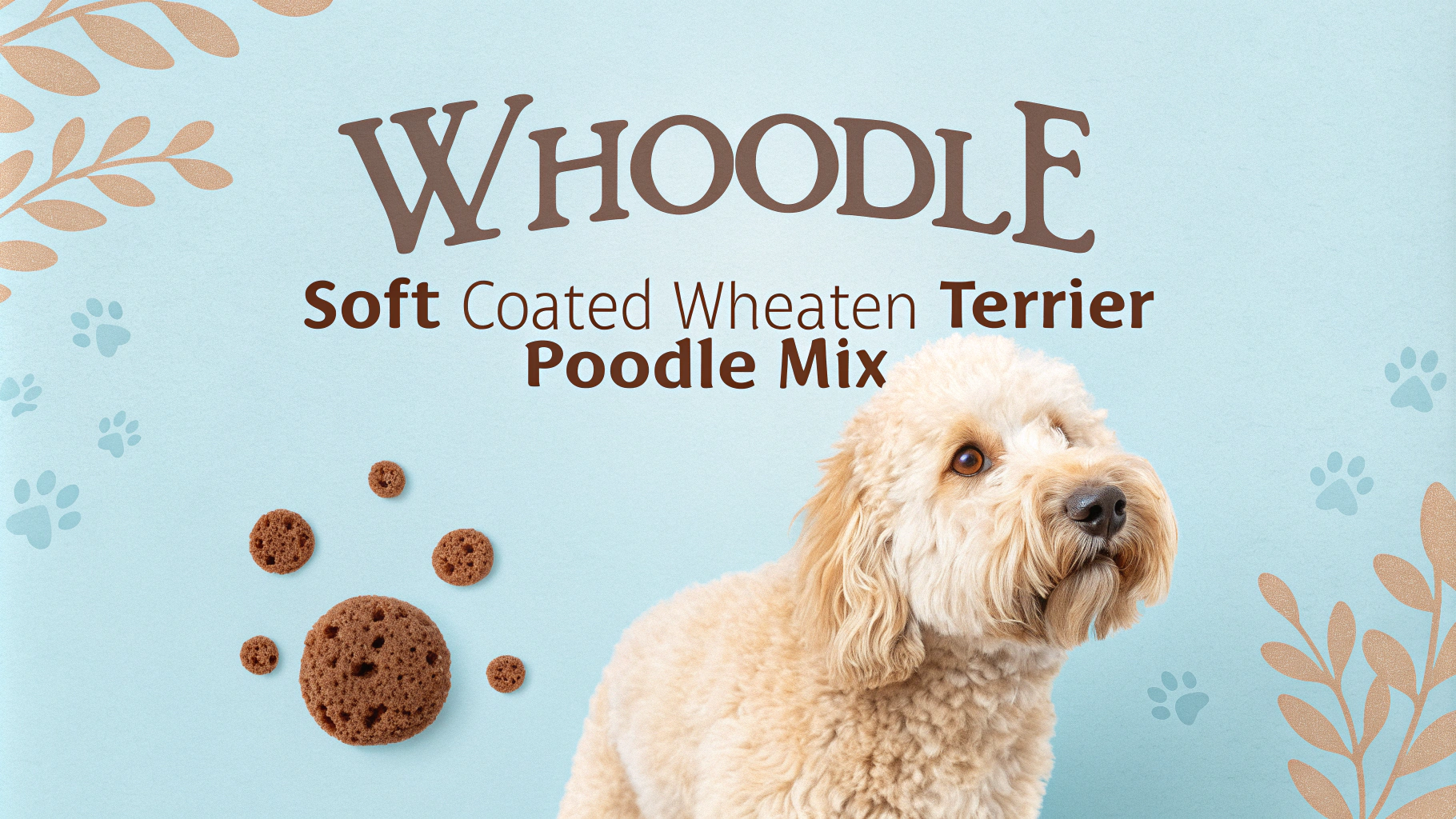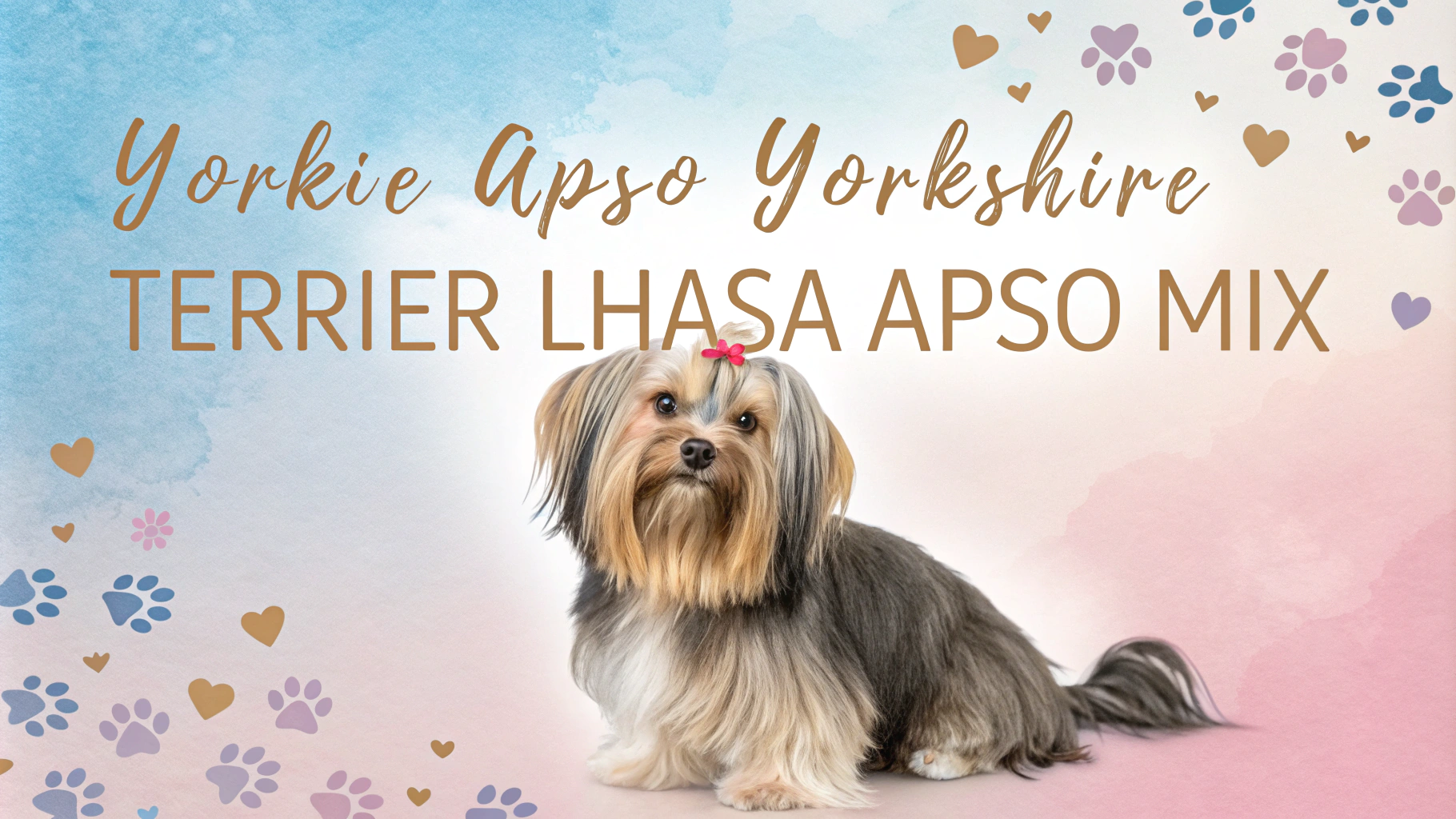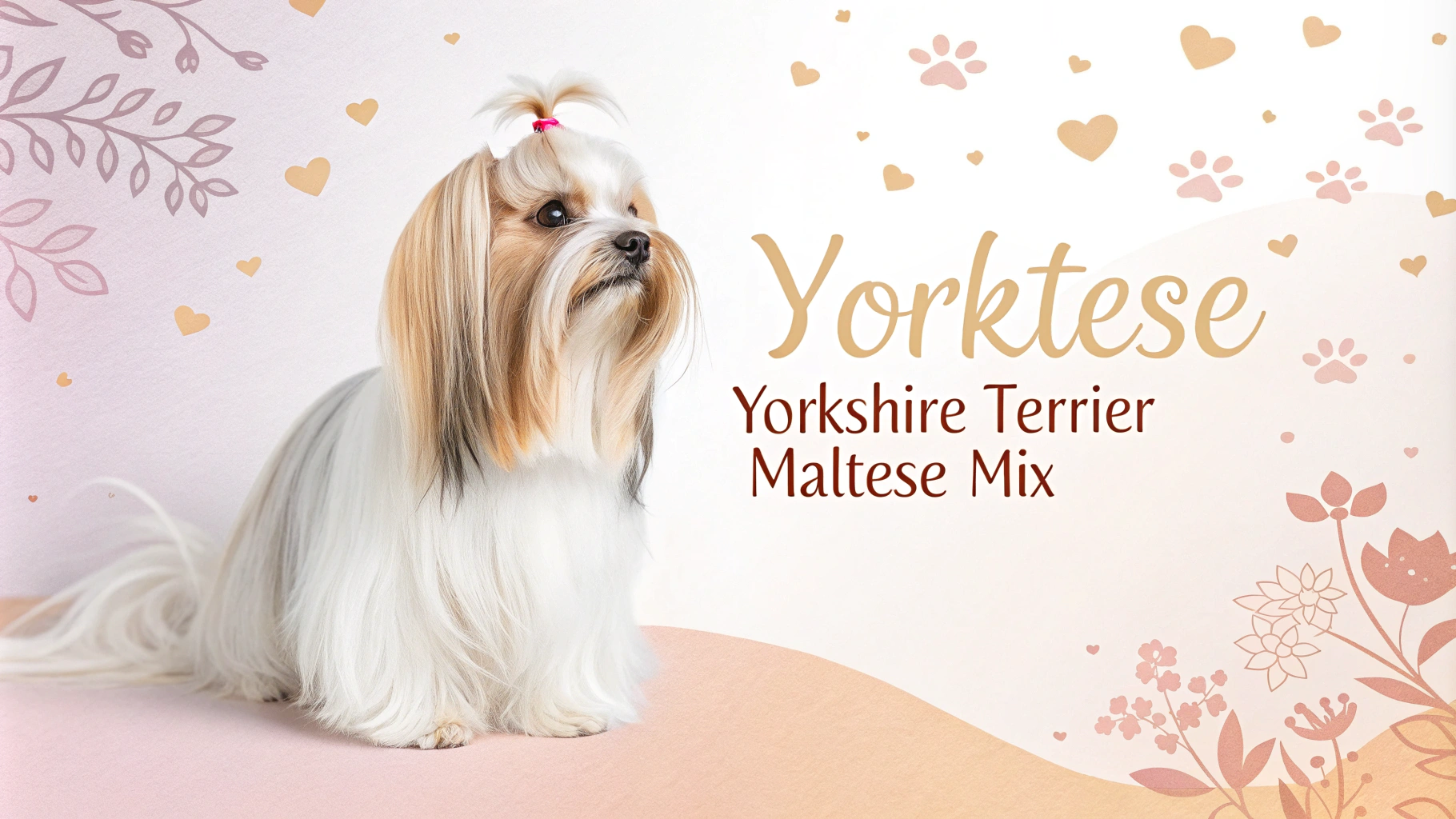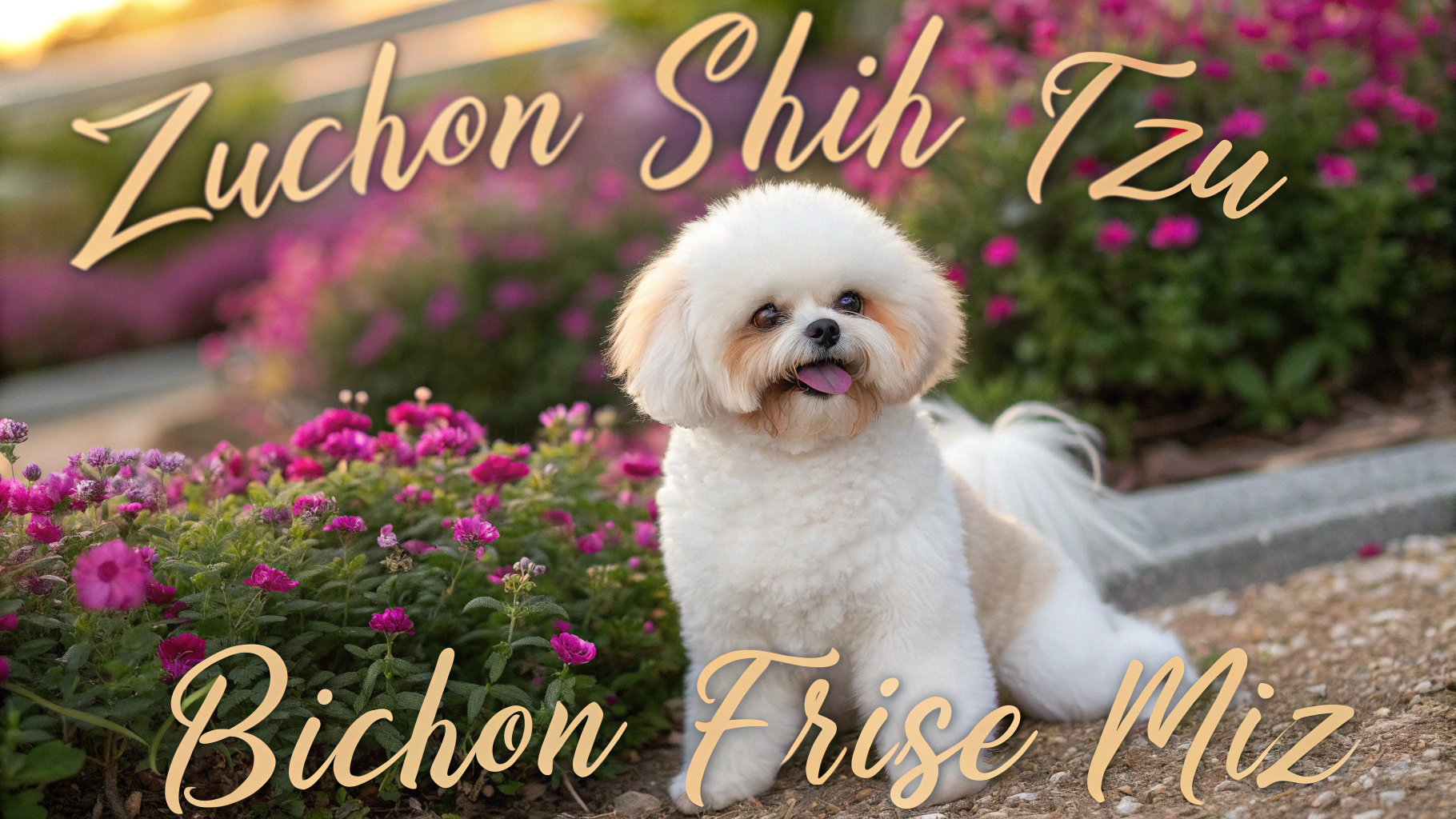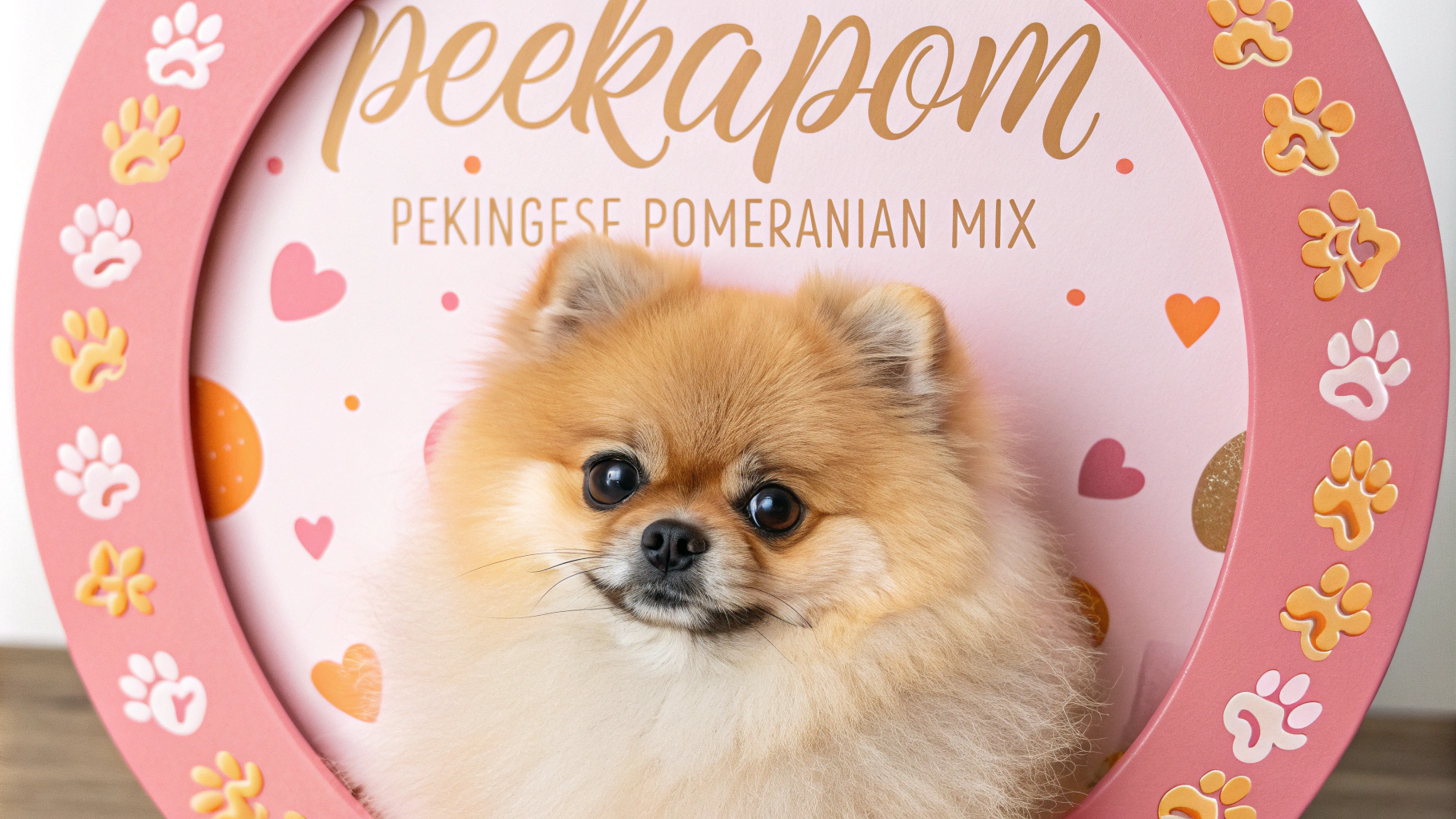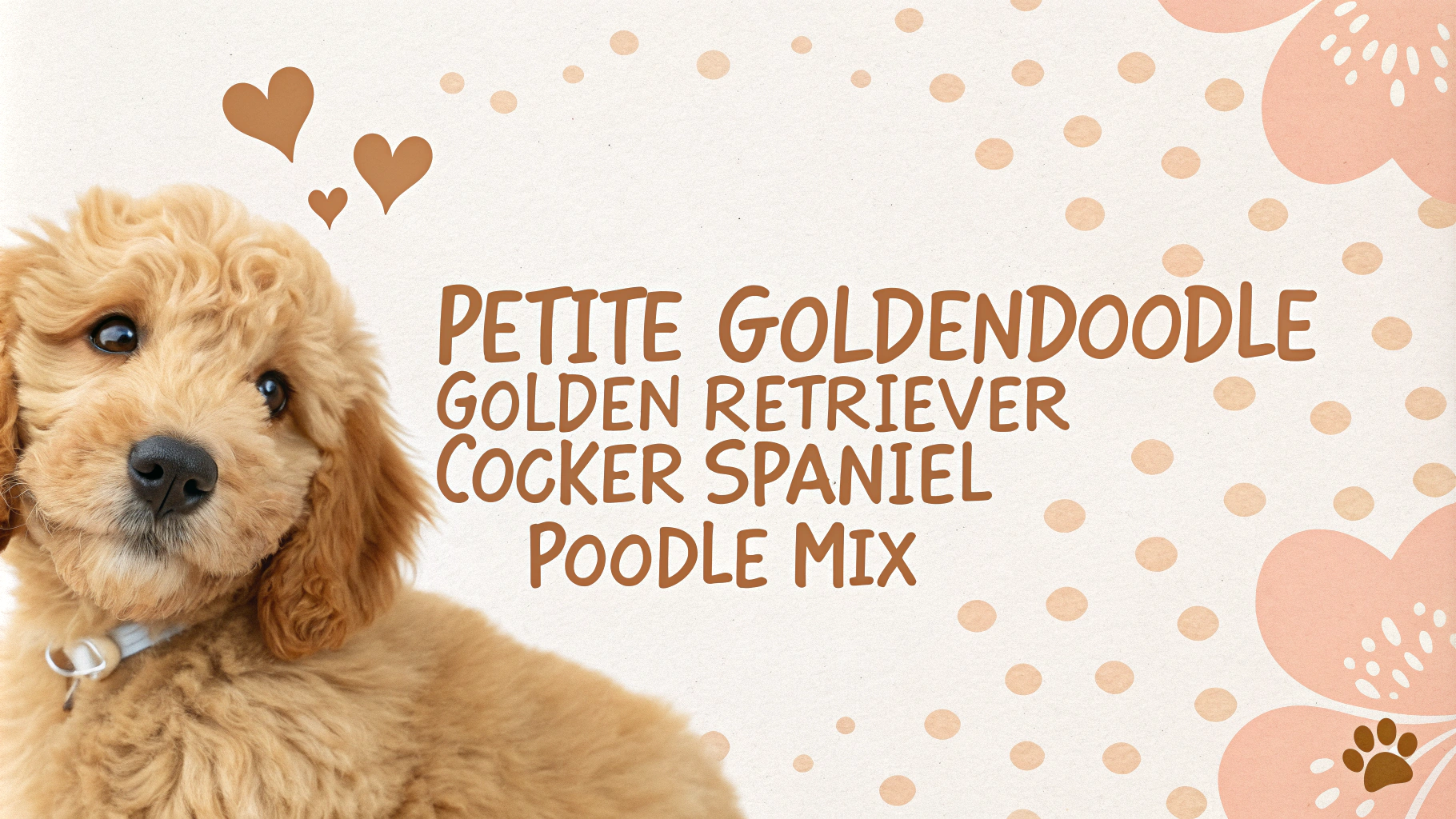The Bassador is a mixed breed dog resulting from crossing a Basset Hound with a Labrador Retriever. This unique combination blends the Basset Hound’s distinctive low-slung body and excellent sense of smell with the Labrador Retriever’s friendly nature and intelligence. Bassadors are known for their gentle temperament and make excellent family pets. As with all mixed breeds, their appearance and traits can vary depending on which parent breed they take after more.
Key Facts
- Size: Medium to large
- Weight: 45-70 pounds
- Height: 13-20 inches
- Coat: Short to medium length, dense
- Colors: Black, chocolate, yellow, or combinations
- Lifespan: 10-12 years
- Temperament: Friendly, loyal, gentle
- Energy Level: Moderate
- Trainability: Moderate to high
Character Traits
Bassadors inherit a blend of personality traits from their parent breeds, resulting in a generally friendly and affectionate dog. They are known for their:
- Loyalty: Bassadors form strong bonds with their families and are devoted companions.
- Gentle Nature: These dogs are typically patient and good with children, making them excellent family pets.
- Intelligence: Inheriting the Labrador’s smarts, Bassadors are often quick learners.
- Sociability: They usually get along well with other pets and are friendly towards strangers.
- Scent-driven: The Basset Hound’s powerful nose means Bassadors may be easily distracted by interesting smells.
Their temperament can lean more towards either parent breed, but they generally maintain a balance of the Labrador’s enthusiasm and the Basset Hound’s laid-back nature. Bassadors are known for their even-tempered disposition, making them adaptable to various living situations and family dynamics.
History & Origins
The Bassador is a relatively new mixed breed, likely originating within the last few decades as designer dogs gained popularity. While there’s no specific recorded origin, it’s believed that Bassadors were first intentionally bred in the United States. The goal was likely to combine the Labrador Retriever’s friendly nature and trainability with the Basset Hound’s distinctive appearance and scenting abilities.
To understand the Bassador, it’s important to look at the history of its parent breeds:
- Labrador Retriever: Originated in Newfoundland, Canada in the 1500s as a water dog and fishing companion. Later refined in England in the 1800s, they became popular hunting and family dogs.
- Basset Hound: Developed in France in the 1500s for hunting small game. Their low-slung bodies and powerful noses made them excellent at tracking rabbits and hares through dense underbrush.
The combination of these two breeds aims to create a dog with the Labrador’s friendly disposition and the Basset Hound’s keen sense of smell. While not recognized by major kennel clubs as a purebred, the Bassador is gaining popularity as a family companion due to its unique blend of traits.
Health Concerns
The Bassador may inherit health issues common to both Basset Hounds and Labrador Retrievers. Potential concerns include:
- Hip and elbow dysplasia
- Bloat (gastric dilatation-volvulus)
- Eye problems (e.g., glaucoma, cataracts)
- Ear infections
- Intervertebral disc disease
- Obesity
Regular veterinary check-ups, maintaining a healthy weight, and being aware of breed-specific issues can help prevent or manage these conditions. Genetic testing of parent breeds can also help identify potential hereditary issues.
Exercise Needs
Bassadors typically have moderate exercise needs, balancing the Labrador’s high energy with the Basset Hound’s more laid-back nature. Daily exercise requirements include:
- 30-60 minutes of moderate activity
- Walks, playtime, or fetch sessions
- Mental stimulation through puzzle toys or training exercises
While they enjoy activity, care should be taken not to over-exercise, especially in hot weather, due to their potential for inheriting the Basset Hound’s short legs and long back. Swimming can be an excellent low-impact exercise if the dog enjoys water like many Labradors.
Space Requirements
Bassadors can adapt to various living situations but generally thrive in homes with some outdoor space. Ideal living conditions include:
- A house with a fenced yard
- Apartment living possible with sufficient daily exercise
- Access to safe outdoor areas for exploration and play
While they can adapt to smaller spaces, they benefit from having room to move around comfortably indoors. Their strong scenting abilities, inherited from both parent breeds, make a securely fenced area important to prevent them from following interesting smells and wandering off.
Nutrition & Feeding
Proper nutrition is crucial for maintaining the health of a Bassador, considering their potential for weight gain. Key feeding considerations include:
- High-quality, age-appropriate dog food
- Portion control to prevent obesity
- Feeding schedule: 2-3 meals per day for adults
- Avoid table scraps and excessive treats
The exact amount of food will depend on the dog’s size, age, activity level, and metabolism. Consult with a veterinarian to determine the best diet plan. Be cautious of foods toxic to dogs, such as chocolate, grapes, and onions. Fresh water should always be available to prevent dehydration and support overall health.
Grooming Tips
The Bassador’s grooming needs can vary depending on which parent breed they take after more. Generally, they have a short to medium-length coat that sheds moderately. Here are some key grooming tips:
- Brushing: Brush your Bassador 2-3 times a week to remove loose hair and distribute natural oils. Use a slicker brush or rubber curry brush for best results.
- Bathing: Bathe every 6-8 weeks or as needed. Use a mild dog shampoo to avoid skin irritation.
- Ear care: Check and clean ears weekly, especially if they inherited the Basset Hound’s long, floppy ears. Use a veterinarian-approved ear cleaner to prevent infections.
- Nail trimming: Trim nails every 2-4 weeks or as needed. If you hear clicking on hard floors, it’s time for a trim.
- Dental care: Brush teeth 2-3 times a week to maintain good oral hygiene and prevent dental issues.
Regular grooming sessions also provide an opportunity to check for any skin issues, lumps, or abnormalities. If your Bassador inherits the Basset Hound’s facial wrinkles, clean and dry these areas regularly to prevent skin fold dermatitis.
Training Approach
Training a Bassador requires patience, consistency, and positive reinforcement techniques. These dogs can inherit the intelligence of the Labrador Retriever but may also have the stubborn streak of the Basset Hound. Here are some effective training approaches:
- Early socialization: Expose your Bassador to various people, animals, and environments from a young age to ensure they develop into well-rounded adults.
- Positive reinforcement: Use treats, praise, and toys as rewards for good behavior. This breed responds well to food motivation.
- Consistency: Establish clear rules and boundaries, and ensure all family members enforce them consistently.
- Short training sessions: Keep training sessions brief (5-10 minutes) but frequent to maintain their interest and prevent boredom.
- Mental stimulation: Incorporate puzzle toys and scent work into training to engage their intelligence and natural tracking instincts.
Be patient with housetraining, as Bassadors may inherit the Basset Hound’s stubbornness in this area. Crate training can be helpful. Focus on obedience training to prevent the Labrador’s tendency to jump on people. Remember that harsh corrections or punishment can be counterproductive with this sensitive mix. Always use gentle, positive methods to build trust and strengthen your bond.
